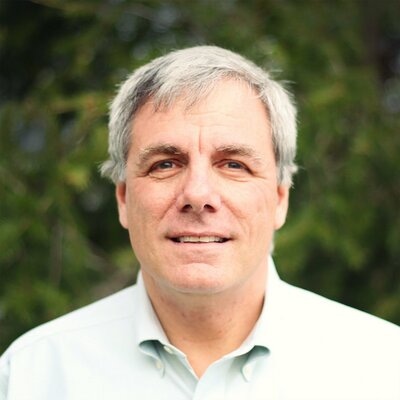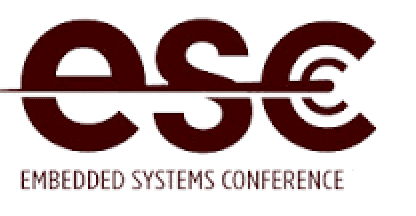Don’t Underestimate the Business Side of Your Start-Up
Engineering is not even half the battle in building a start-up product company, expert says.
April 13, 2018

Building a successful product company requires more than just great engineering, experts will say at the upcoming Embedded Systems Conference in Boston.
“Most engineers have a pretty good idea of the product that they think the world will want,” Mitch Maiman, president and co-founder of Intelligent Product Solutions, told Design News. “But they have a very poor sense of what it’s going to take to move that product into the market place.”
In a session titled, How to Start & Grow a Start-Up, Maiman will join other experts to discuss the ingredients that are key to the creation of a thriving product-based business. The panelists, who will include Jean Labrosse of Silicon Labs and Charles Lord of Blue Ridge Advanced Design and Automation, will discuss the pros and cons of launching a start-up, and the do’s and don’ts for making them succeed.
Having launched his own design and engineering services business a decade ago and having created products for companies ranging from tiny start-ups to giants like Pepsico Inc. and Google LLC, Maiman is familiar with the ingredients of success. He also understands the dreams of those who want to launch start-ups. And, too often, he says, those dreamers underestimate the importance of what happens after the engineering is completed.
“The creation of the physical product – the engineering work – is not even half the battle in building a product company,” Maiman told us. “A successful business requires a lot more than just having a great team of engineers and designers.”
Maiman says that to be successful, the founders of product-based businesses need to be able to sell, market, establish distribution channels, and understand the complexities of manufacturing.
|
Mitch Maiman, co-founder of Intelligent Product Solutions: “A successful business requires a lot more than just having a great team of engineers and designers.” (Image source: Intelligent Product Solutions) |
When he co-founded his own business, Maiman says, he left his 30-year engineering career behind to concentrate on business matters. His co-founder, Paul Severino, focused on engineering. And while the company now employs more than 100 electrical and mechanical design engineers, Maiman continues to spend his time on the business side. “Being a good engineer is never going to be enough to get customers to come to you,” he said. “You have to go out, find, groom, and land customers.”
Even for engineers who are willing to do the sales and marketing, the going is still tough. The biggest hurdle, Maiman says, is risk. “Quitting your day job, which is probably paying six figures, is hard,” he said. “Very few people want to pull the plug on that and go out and start a company.”
But for those who do, he said, the rewards are there. “The good side is I like what I’m doing,” Maiman told us. “I like being able to set my own course. And I don’t have a boss.”
Maiman said he tells those who want to launch start-ups that the popular image of the overnight, big-bucks, Silicon Valley success is probably not realistic for most. “Sure, there are overnight successes,” he said. “But if you’re thinking of a start-up company, you should probably be thinking in terms of a marathon, not a sprint. It takes commitment and persistence. It can’t be half-hearted. You have to be ready to go all-in.”
The session, “How to Start & Grow a Start-Up,” will be held at ESC Boston on April 19 at 11:15 a.m.
Read More Articles on Electronics and Manufacturing:
How to Develop AI on Raspberry Pi with Google Collaboratory
GENOA 3DP Additive Manufacturing Simulation Updated to Add Metal AM
5 Lessons Startups Can Learn from Big Companies
Senior technical editor Chuck Murray has been writing about technology for 34 years. He joined Design News in 1987, and has covered electronics, automation, fluid power, and auto.
|
About the Author(s)
You May Also Like


.jpg?width=300&auto=webp&quality=80&disable=upscale)


